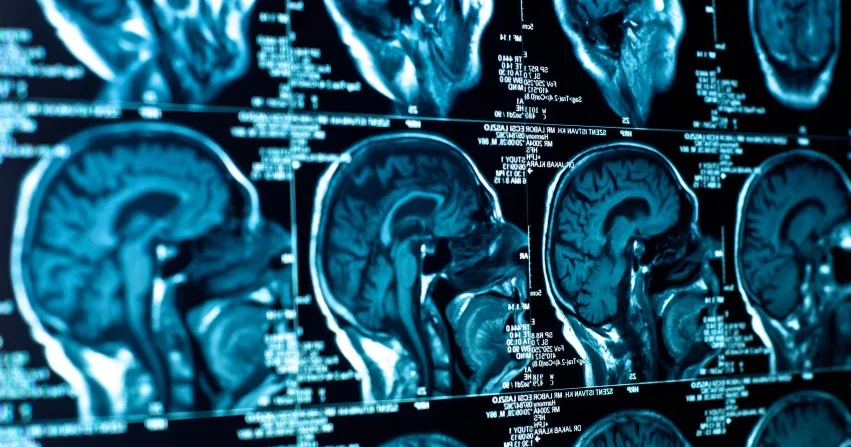New Study Challenges Link Between Contact Sports and Brain Disease
A recent Northwestern Medicine study is casting doubt on the long-held belief that participating in contact sports like football and hockey elevates the risk of developing brain diseases such as Alzheimer’s disease and chronic traumatic encephalopathy (CTE). The research, which examined 174 donated brains, suggests the connection might not be as straightforward as previously thought.
The Study’s Key Findings
Researchers analyzed a collection of brains, including those of former high school and college football players, looking for signs of protein buildup often associated with neurodegenerative diseases. The results challenge the direct correlation between contact sports and an increased risk of these conditions.
What the Research Suggests
- The study indicates that simply playing contact sports may not automatically lead to a higher risk of brain diseases.
- Further research is needed to fully understand the complex factors contributing to neurodegenerative conditions.
- The presence of specific proteins in the brain might not be solely attributed to playing contact sports.
Implications for Athletes and the Future of Research
These findings offer a new perspective on the ongoing discussion about the potential long-term neurological effects of contact sports. While the study doesn’t eliminate the risks entirely, it highlights the need for a more nuanced understanding of brain health in athletes.
Moving Forward
- Future research should focus on identifying other potential risk factors and protective measures.
- Athletes should continue to prioritize safety measures and concussion protocols.
- Further investigation into the specific mechanisms linking head trauma and brain disease is crucial.
Final Overview
The Northwestern Medicine study provides valuable insights into the complex relationship between contact sports and brain health. By questioning the direct link to diseases like Alzheimer’s and CTE, it opens new avenues for research and encourages a more comprehensive approach to understanding and protecting the brains of athletes.



+ There are no comments
Add yours